
Бесплатный фрагмент - Chukovsky: An Introduction
A Guide to Korney Chukovsky Memorial House and Beyond
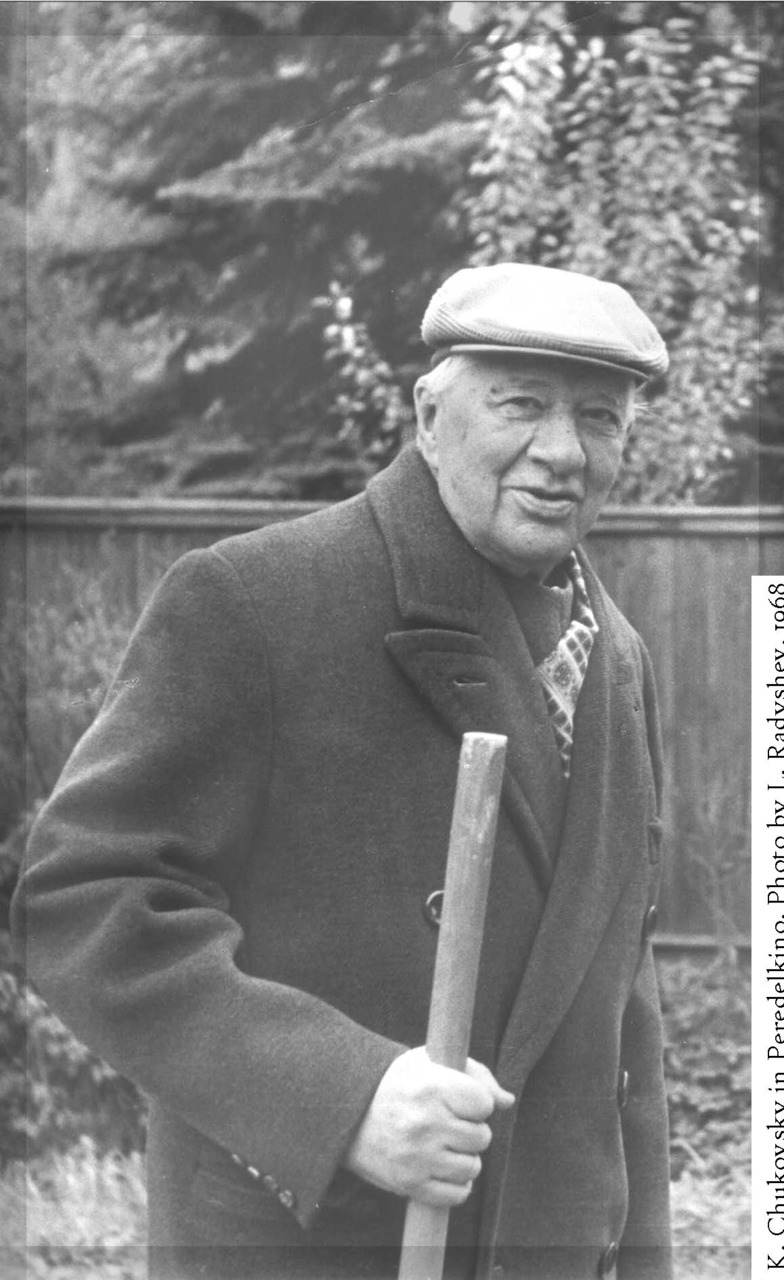
Preface
I was still in primary school when I first came to Korney Chukovsky house — then already a museum — and in those days any encounter with a foreigner, particularly a British or an American, was quite unusual. The same was true during Chukovsky’s time a decade earlier, when each visit from abroad was more or less an exception and had to be minutely coordinated with authorities.
Only in the late 1980s I started to meet foreign guests at the museum, where I had already been helping out. They must have been tourists. I remember how I regretted not to be able to talk without an interpreter, as my school English was insufficient.
It’s a great solace and a pleasure for me to see the younger generation of guides — my colleagues and friends — having written about Korney Chukovsky in English, the language that accompanied him from his youth and was an integral part of his professional life. It was for them a labour of love and respect.
Pavel Kryuchkov, Leading Researcher at the State Museum of the History of Russian Literature, journalist and critic, August 2017
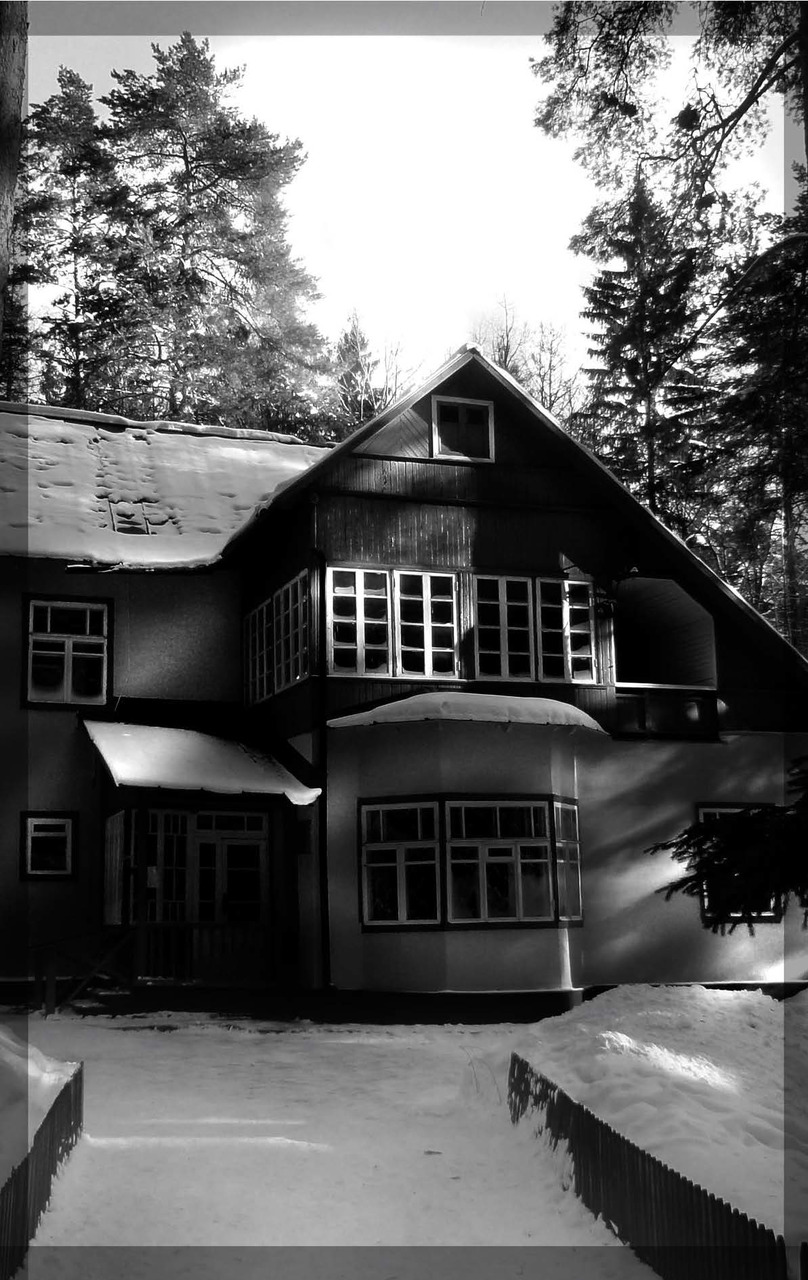
Introduction
Korney Chukovsky (1882—1969) is among the most famous and best-loved people in Russia. For several generations virtually every child in this country has been growing up listening to Chukovsky’s stories, while a lot of his lines and characters have become an integral part of the popular culture. Ironically, however, there are facts, which testify much more vividly to his unique position, and yet are little known.
Chukovsky holds a record as the most published author in Russian language, with a total print run of over 350 million copies, thus closely rivaling Alexander Pushkin (whose head start was a century earlier) and being second only to the Bible. Chukovsky’s career spanned 68 years, his books have been translated into no less than 87 languages, gone through some 2500 different editions and remained continuously in print for more than a century.
The present introductory work, however concise it may be, is the first original book about Chukovsky written in English and for an English reader. It attempts to cover all the principal directions of Chukovsky’s many endeavours. It is not a biography in a traditional sense and does not pretend to follow a single narrative. Without going into unnecessary details, which might be of limited interest to a non-Russian audience, the book gives a separate broad perspective on each of Chukovsky’s areas of expertise. The illustrations are all exclusive and never before released photographs of his last home — now functioning as Korney Chukovsky Memorial House in the writers’ village of Peredelkino.
This book is published in commemoration of Chukovsky’s 135th anniversary, as well as a centennial jubilee of his first children’s story and 55 years since his acception of Honorary Doctorate at Oxford University.
***
Born in Saint Petersburg, raised in Odessa (then Russian Empire, now Ukraine), Korney Chukovsky came to live in Peredelkino in 1938. The whole village, a brainchild of Joseph Stalin, had been built in a pine forest near Moscow just a few years earlier and was originally meant to accommodate all the best Soviet writers. It has remained a writers’ village ever since, with younger generations coming in and several houses converted into museums.
For almost 25 years, starting with Chukovsky’s death, his house was a cultural pilgrimage destination for tens of thousands of people, and yet — due to authorities’ reluctance — it could not obtain any official memorial status. Lydia Chukovskaya (1907—1996), the writer’s daughter, decided to keep all the furnishings intact and maintained the so called “people’s museum” at her own expense and considerable risk. It was only in 1994 when the house became a subdivision of the State Museum of Literature.
***
In his everyday habits Korney Chukovsky was as modest and hard-working as one surveying his living quarters is led to assume. There are no carefully planned exhibits — only the resident’s last years literally frozen in time, and thus the present-day museum is a creation, even if an inadvertent one, of Chukovsky himself.
The five medium sized rooms contain the whole universe, rich in infinite detail. On the upper floor is the study, the beating heart of the house. Thousands of books, photographs and various memorabilia, along with a massive writing desk packed tight with all sorts of curious objects, demonstrate the breadth and scope of their owner’s numerous activities. Adjacent to the study is the summer terrace with more books and souvenirs. Through the landing, on the other side of the house is the room originally occupied by Chukovsky’s wife, Maria, which he utilized as second study and library after her death in 1955. Here also is a small table with a typewriter — his secretary’s workplace. One wall is solely taken up by photographs paying tribute to one man’s entire life story.
Descending the narrow staircase to the ground floor, with a former kitchen (still keeping its Soviet refrigerator) immediately to the right, and passing Chukovsky’s own cloth-rack on the left, the visitors enter the spacious dining room, a very different-looking domain of the female members of the family. Grand antique furniture of Karelian birch tree, English and German porcelain, crystal chandelier and oil and watercolour portraits used to set the background for many a crowded dinner party. An unremarkable door in a corner leads to the equally humble and sparsely furnished abode of Lydia Chukovkaya — the only room in the house she felt free to have as a dwelling place after her father’s passing.
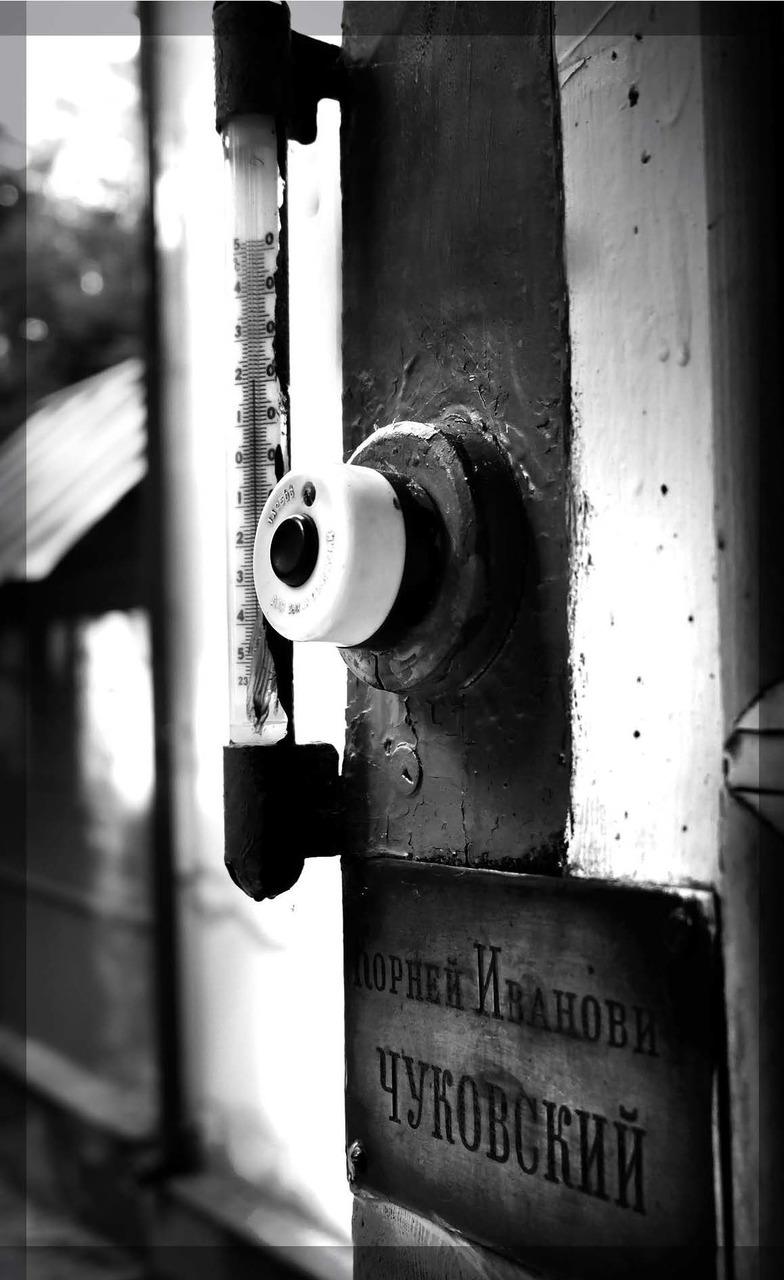
For the help and support in the preparation of this book the authors would like to express their gratitude to Dmitry Chukovsky Jr., his father, Dmitry Sr., and sister, Marina, and also Sergey Agapov and all the colleagues at K. Chukovsky Memorial House Department at the State Museum of the History of Russian Literature.
The Journalist
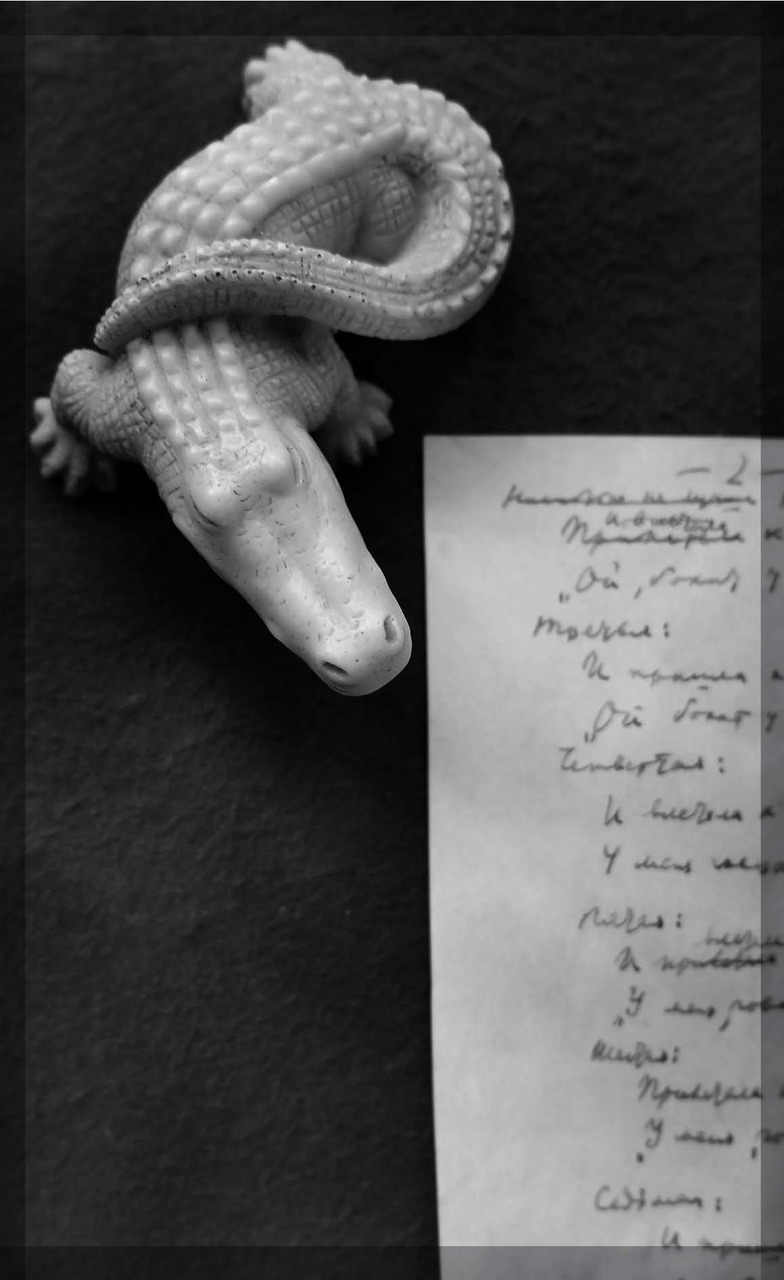
The literary debut of a man, born as Nikolay Korneychukov, and later — and much wider — known as Korney Chukovsky, took place in 1901, when his first essay on contemporary art was published in Odessa News. The man who showed him the way to the editorial headquarters was Vladimir Zhabotinsky, the friend of his youth and the future Jewish Revisionist Zionist leader.
Lanky and stooping lad from a penniless and socially disadvantageous background, with barely five years of primary school education, and just come of age, Chukovsky turned out to be quite capable as a columnist, acquiring reputation for reviewing exhibitions, theatre productions and of course books. Apparently he was also the only one on staff who could read English and thus after hardly two years of freelancing for the newspaper was sent to London as an official reporter. During many months of his stay there Chukovsky for the most part spent his time in poor quarters, on a less then modest allowance, observing the city life from the slums and dispatching articles and essays on British people and politics.
English language and literature, however, seized him more than politics, so that eventually he found himself improving his skills and erudition at the expense of his journalist duties. He practically moved to the British Museum Reading Room, devouring book after book. Later on this voracious reading helped young Chukovsky to develop his own ingenious manner of writing.
Having returned to Russia with a prestigious air of someone with “foreign experience”, he left his provincial hometown of Odessa for the capital, St. Petersburg, where he collaborated — in various capacities — with many periodicals and even launched in 1905 his own magazine of political satire, Signal, specializing in all sorts of anti-government parodies. The publication grew popular enough to get banned for lèse-majesté after its fourth issue, with the following arrest and imprisonment (even if a short one) of its creator.
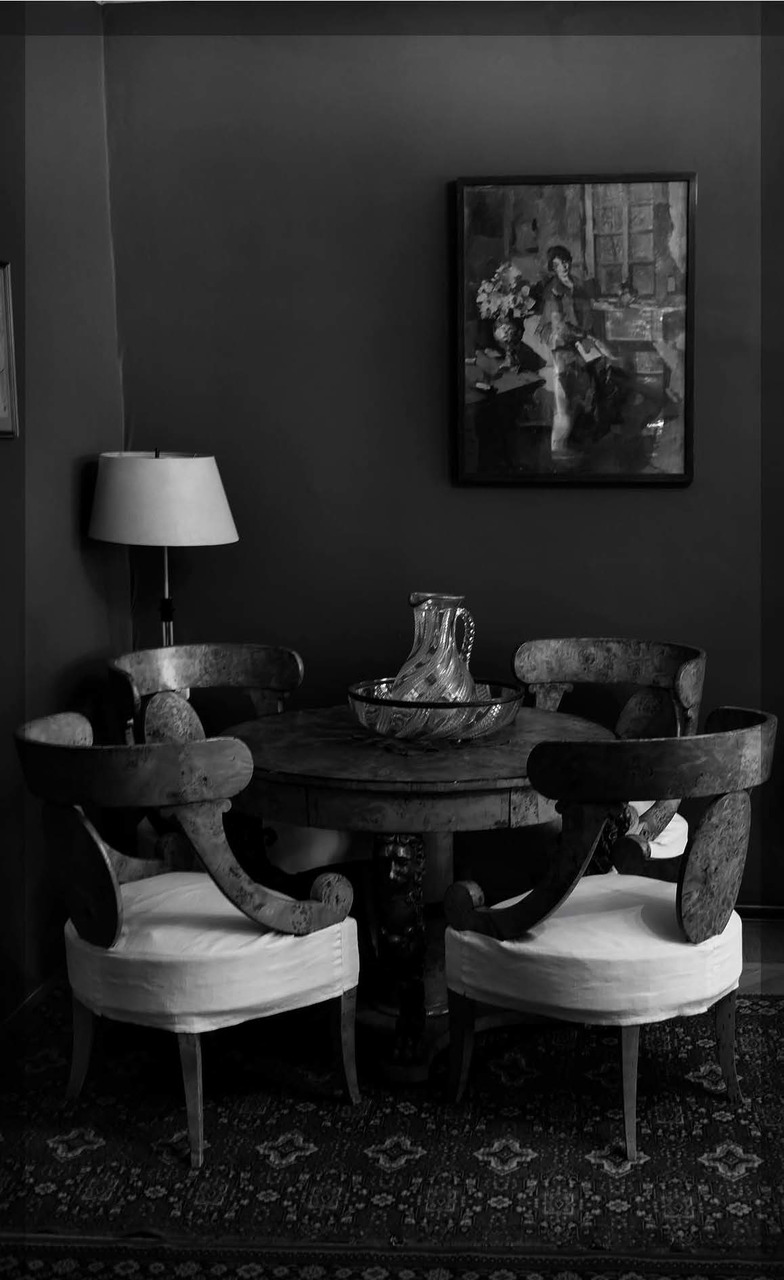
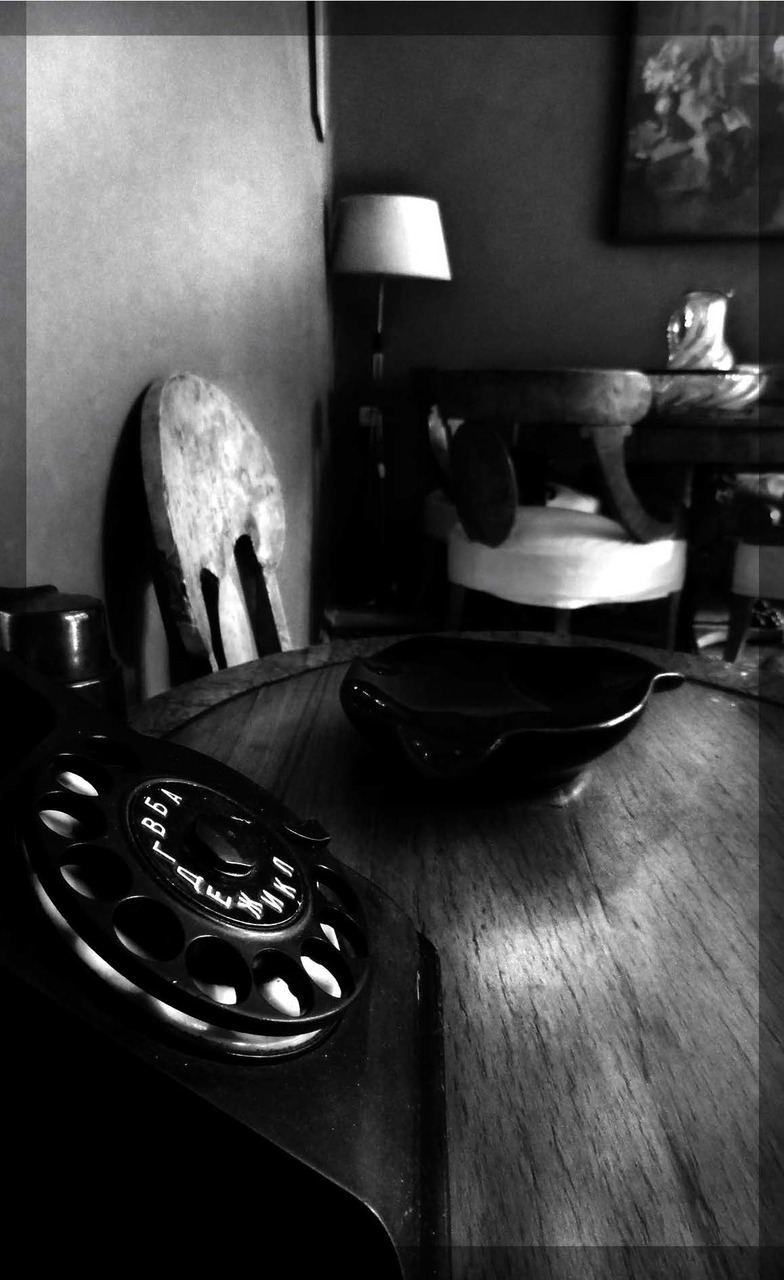
In between the two Russian revolutions of 1905 and 1917 Korney Chukovsky kept his columnist and reporter activities at the forefront of his schedule, having written scores of essays on different subjects, mostly art (and no longer politics!), but his enthusiasm for English life and letters by no means faded in the years to come.
World War I provided Chukovsky with yet another topic. In 1915 he published a book called The Silent Have Spoken: Tommy Atkins at War, having assembled and analyzed the letters of British soldiers, meaning to evoke sympathy and support for Great Britain — Russia’s ally — and its military efforts.
Next year he returned to London — on this occasion as a member of the official Russian delegation of journalists and writers, invited for the joined talks on war propaganda. The programme included touring shipyards and airports, as part of publicity routine, culminating with an audience with the King George V, who personally congratulated Chukovsky on his Tommy Atkins book. For Chukovsky himself the main result of the trip was another British-related book, full of his impressions, — England on the Eve of Victory.
Later on the journalist side of his career was taken over by his other pursuits, and yet even though Chukovsky wrote for periodicals less and less frequently, he never quite abandoned the role. In a multitude of newspapers and magazines of the Soviet era one could find his reflections and deliberations on a variety of issues, from certain aspects of education system to the shortage of books in libraries to the life of children in different regions of the Soviet Union.
During his evacuation months in Tashkent, the capital city of Uzbekistan Republic, in 1941—42, Chukovsky had to pen articles for the local paper — affiliation with the press was also a means to provide for himself and his family in times of irregular personal income, although he was not prone to sacrifice his professional integrity to financial concerns.
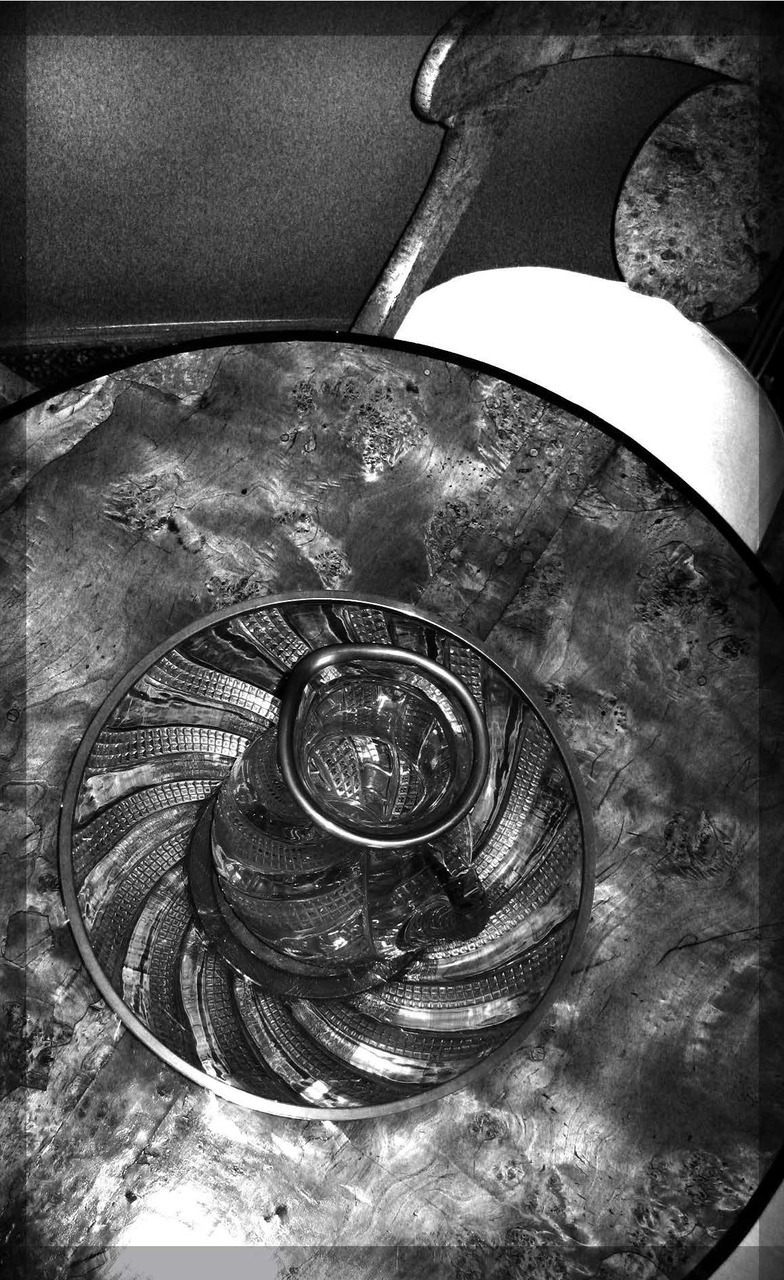
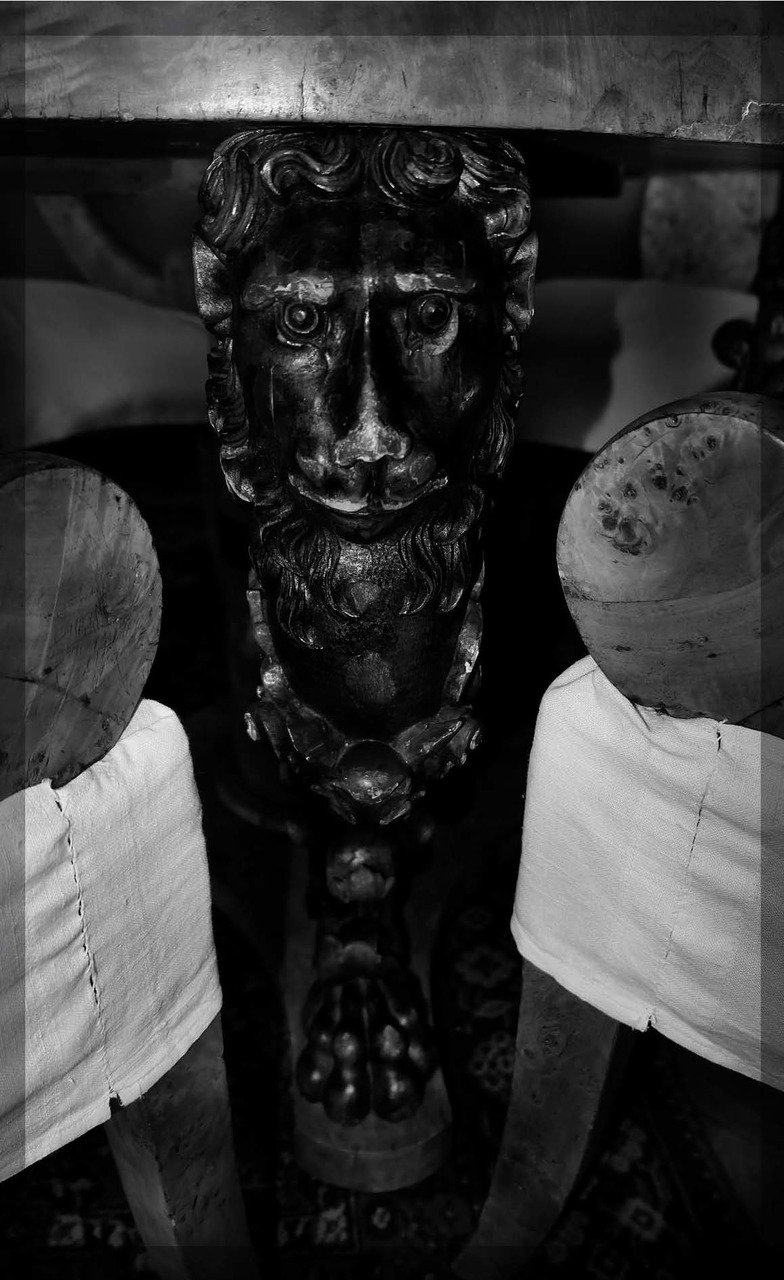
“Aircrafts on the March grass look smart and festive. Beside them — their proud, very handsome aviators. <…>
“Is there any chance I could fly?”
“You are welcome.”
During the short hassle they put on me a bulky coat, yellow leather trousers and a warm hat with earmuffs.
I am happy. I want to sing and behave like a child. I have never flown before. I am deadly afraid of heights. <…> So how come I feel so courageous and brave in this fragile tin box? There is delight and rapture in the clatter of a propeller and presence of some kind of freedom which we incessantly long for.” [England on the Eve of Victory, 1917]
***
“A portly woman went hastily to the school and inquired, appealing to no one in particular:
“Do they hand out children here?”
As if children were grapes or soap.
It was a month ago. I liked her impatience. It was obvious that she was in urgent need of a child — not tomorrow, but today, now! She even got angry when she was told that here, at school, there were no children for her — she should have applied to certain institution to process certain documents first, then visit the orphanage and still wait until tomorrow.
“I cannot,” she said, “The water in the tub is cooling down.” (Obviously, it had been already prepared for the child).” [Uzbekistan — to Children, 1942]
***
“Within an hour I was in the Chapel. It seemed that not a street block, but a thousand years separated me from the heart of London. One can find poverty in the central quarters too, but there it is veiled, silent, hidden. It lurks in the dark corners and is hesitantly afraid to break with its moan the merry vanity of the red-cheeked, confident, broad-shouldered men, who can work, love themselves and laugh so well.” [White Chapel, 1904]
The Translator
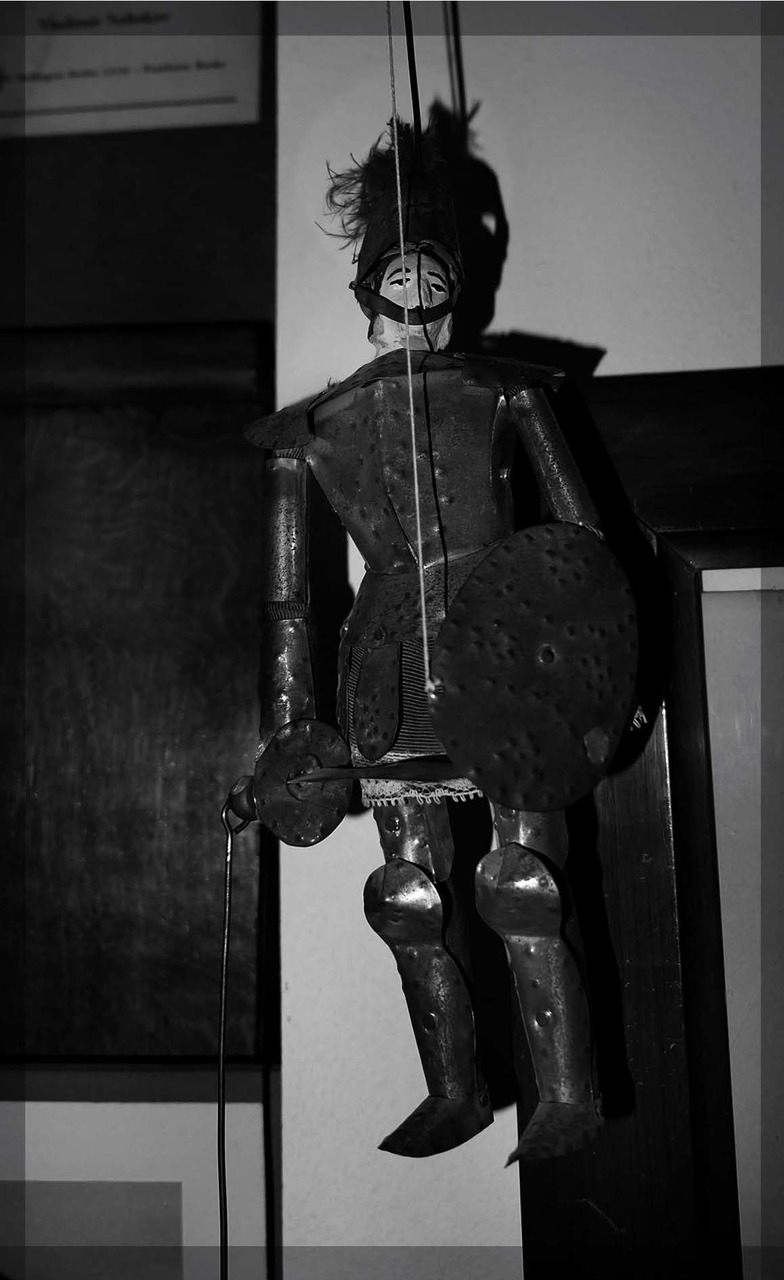
Literary translation constituted an essential element of Korney Chukovsky’s career from the beginning. A life-long student of language, he devoted much of his time and energy both developing a conceptual framework for a professional translator and demonstrating its effectiveness by his own efforts, earning himself a firm standing in the field.
Despite originally being bilingual, with Russian and Ukrainian as his native languages, Chukovsky made English his principal area of expertise. According to his own account, as a boy he taught himself just from a battered textbook and subsequent chance reading.
Scattered in periodicals, his translations started to appear in 1904, when he was barely twenty-two years of age. For the most part it was from British and American poets, such as, among others, Robert Browning, Ralph Waldo Emerson, John Keats, Henry Longfellow and Thomas Moore. The first book-publication of his translations presented, however, the work of his one favourite author — Walt Whitman. From the original edition of 1907 to the last (during his life-time) of 1969 the book went through no less than a dozen substantial revisions.
The bulk of Chukovsky’s translations is prose, though, not poetry. Short stories by G.K. Chesterton, O. Henry, H.G. Wells and Oscar Wilde date from 1910s and 1920s, larger works, such as The True History of a Little Ragamuffin by James Greenwood and plays by William Somerset Maugham, William Shakespeare and Henry Fielding followed suit. It was, however, the prose for children that has solidified his success as a translator. The retelling of The Story of Doctor Dolittle by Hugh Lofting was met with mild enthusiasm, but Rudyard Kipling’s stories from The Jungle Book and Just So Stories went through hundreds of editions, while such initially adult — and previously adapted into Russian — works as Daniel Defoe’s Robinson Crusoe, Rudolf Eric Raspe’s Baron Münchausen and Mark Twain’s both The Adventures of Tom Sawyer and The Prince and the Pauper have earned the best-selling reputation of children’s classics and have never been out of print.
Бесплатный фрагмент закончился.
Купите книгу, чтобы продолжить чтение.